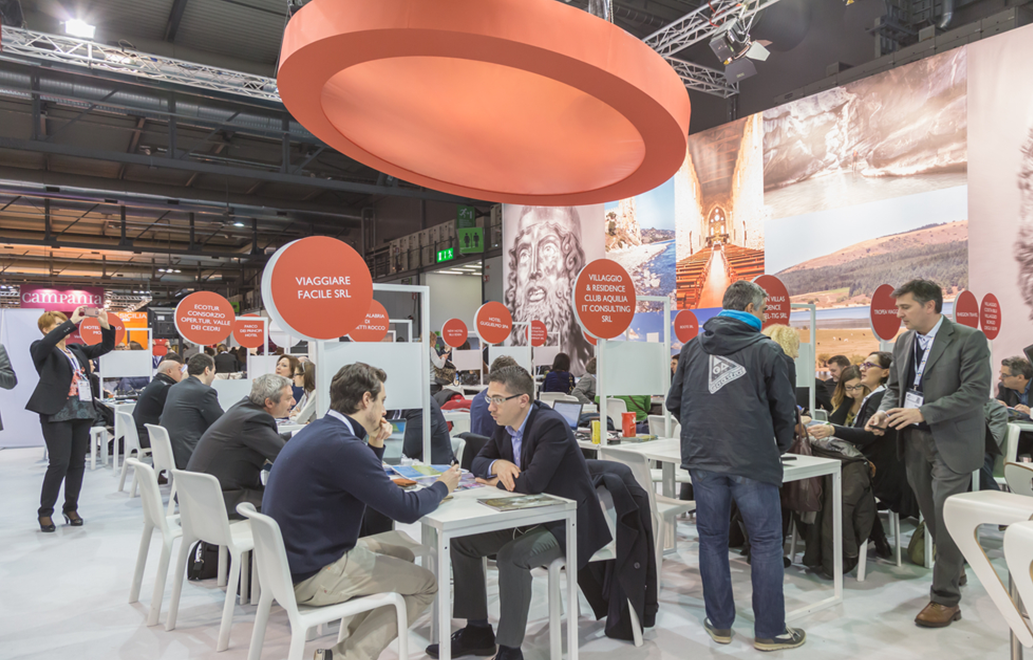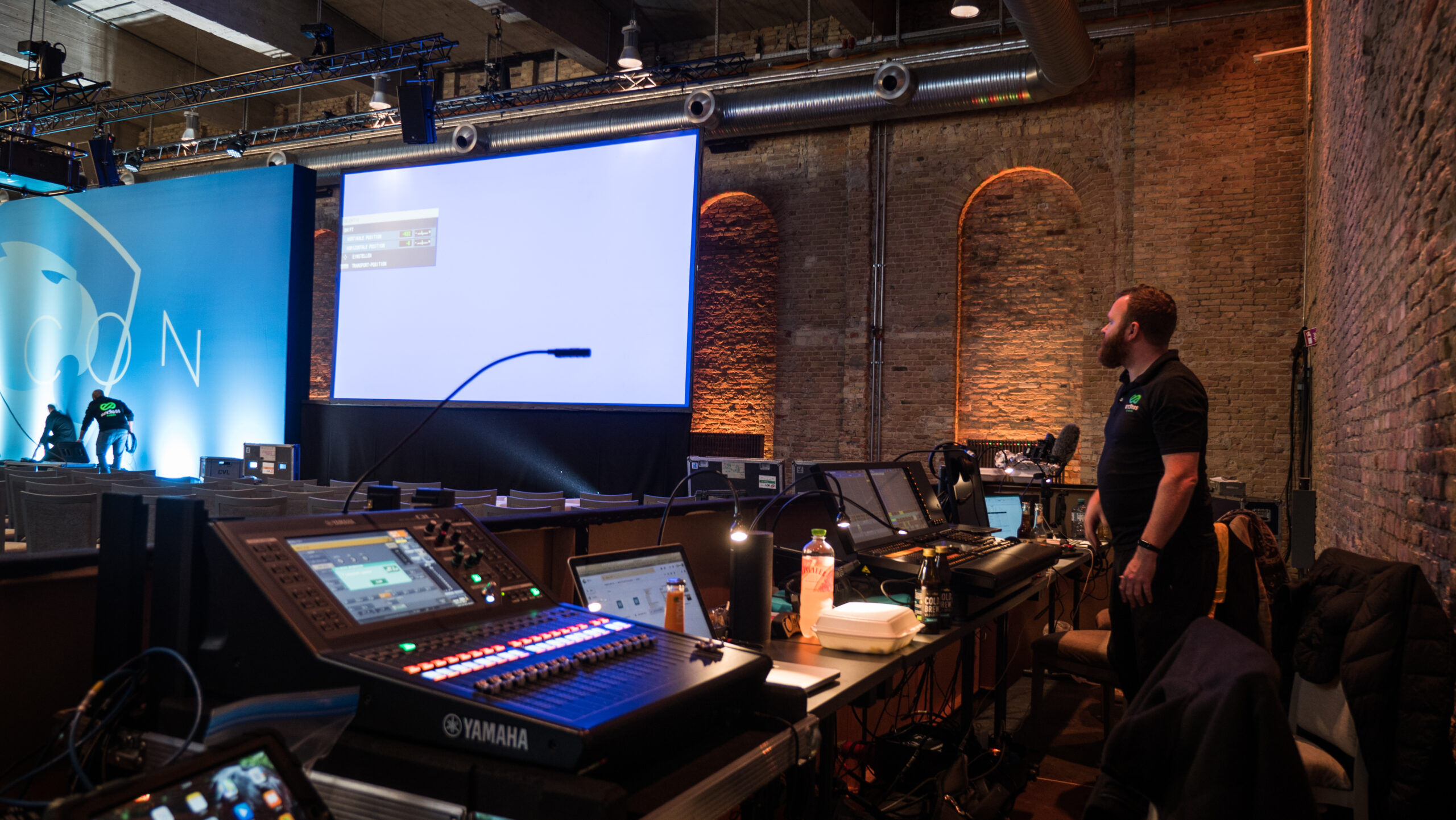A client’s guide to the services of event production charlotte
Wiki Article
Just How Event Production Functions: A Comprehensive Check Out the Process
Event production is a complicated and structured process that requires mindful preparation and implementation. It begins with developing clear purposes and recognizing the target market. Each step, from budgeting to venue selection, plays a crucial function in making sure success. As the process unravels, numerous aspects should align seamlessly. The subtleties of this complex operation often go undetected. What are the crucial stages that add to an unforgettable event?
The First Drawing Board
When starting on event production, careful planning is vital to ensure an effective end result. The first drawing board acts as the structure for all succeeding initiatives. Throughout this stage, event manufacturers need to specify the event's function and goals plainly. Determining the target market assists customize the experience and messaging, guaranteeing significance and engagement.Producers should likewise think about the event style, whether it be in-person, online, or hybrid, as this will influence various logistical components. Picking an ideal day and location is important, as it influences access and availability.Furthermore, constructing a trusted group is essential for dividing responsibilities and streamlining interaction. Developing a timeline with turning points guarantees all tasks are completed on routine. This phase includes extensive study, including determining potential difficulties and designing approaches to minimize risks. Eventually, a well-structured first planning phase sets the tone for a successful event production trip.
Budgeting and Source Allotment
In event production, efficient budgeting and source allotment are critical for success - event production charlotte. Developing financial criteria sets the structure for all subsequent choices, while source distribution approaches ensure that every part of the event is sufficiently sustained. Together, these aspects help preserve control over expenses and optimize the usage of readily available resourcesDeveloping Financial Parameters
Developing monetary criteria is vital to the success of any type of event production, as it establishes the foundation for efficient budgeting and source allocation. This process begins with specifying the total budget, which includes all facets of the event, including venue expenses, wedding catering, and marketing. By determining readily available funds, event organizers can prioritize expenditures and assign sources as necessary. Additionally, it is necessary to carry out detailed market research to anticipate prospective expenses and determine financing resources, such as sponsorships or ticket sales. Developing clear economic criteria additionally help in risk management, allowing coordinators to establish apart backup funds for unforeseen costs. Inevitably, a distinct spending plan acts as a roadmap, leading the event production team towards achieving their objectives while maintaining financial control.Resource Distribution Strategies
Effective source circulation approaches are essential for making best use of the influence of an occasion while sticking to budget plan constraints. Successful event production calls for a thorough strategy to budgeting and source allotment. Planners must focus on necessary aspects such as location, event catering, and technology, making certain that funds are alloted to locations that improve attendee experience. A detailed budget needs to detail expected expenditures and determine areas for possible expense savings, such as bargaining with vendors or exploring sponsorship possibilities. Furthermore, tracking expenditures throughout the preparation process aids avoid overspending. By employing calculated resource circulation, event producers can supply a memorable experience while preserving fiscal responsibility, ultimately adding to the general success of the event.Place Choice and Logistics
Choosing the right place is vital to the success of any event, as it sets the phase for the overall experience. Location option includes reviewing various variables, including capability, accessibility, and place. Organizers must think about the target market and the nature of the event, guaranteeing the place straightens with the event's goals.Logistics play a considerable function in this procedure, involving plans for seats, audiovisual tools, and catering services. A well-chosen location must promote smooth flow for attendees and personnel, improving engagement.Additionally, assessing potential venues for features like parking, bathrooms, and fire escape is essential for security and comfort. The timeline for protecting the place is additionally critical, as popular locations may reserve rapidly - event production charlotte. Extensive planning and timely execution can eventually contribute to a seamless event experience, making venue choice and logistics essential elements of effective event production.
Innovative Idea Development
While the venue establishes the physical stage, creative concept development shapes the event's identification and story. This procedure begins with identifying the event's purpose and target market, permitting event producers to formulate an engaging style that resonates with participants. Conceptualizing sessions usually consist of diverse perspectives, cultivating cutting-edge ideas that align with the event's goals.Once a motif is established, visual components such as color palettes, signs, and decoration are developed to enhance the overall ambience. Storytelling techniques might also be integrated to develop an appealing journey for individuals, ensuring a memorable experience. Furthermore, considerations relating to entertainment, activities, and interactive components are lined up with the selected concept, enhancing the theme throughout the event.Ultimately, reliable innovative concept growth guarantees that every element of the event works cohesively, leaving an enduring impression on attendees and satisfying the event's objectives. This foundational work lays the groundwork for succeeding preparation and implementation stages.Collaborating With Vendors and Providers
Successful event production rests on efficient partnership with suppliers and suppliers. Selecting dependable companions, negotiating contracts effectively, and ensuring timely deliveries are vital action in this process. Each of these aspects contributes significantly to the overall success and smooth execution of an occasion.Selecting Reliable Partners
Just how can event coordinators guarantee a seamless production experience? Selecting trustworthy companions is crucial in attaining this objective. Event organizers should conduct complete study to identify vendors and vendors with a tested track document of excellence. This includes inspecting referrals, evaluating portfolios, and assessing client responses. Planners should focus on companions who show professionalism, timely interaction, and a willingness to collaborate. Building solid relationships fosters count on and enables fast problem-solving throughout the event. Additionally, it is beneficial to select neighborhood vendors that recognize the location and local logistics. Ultimately, a successful event rests on the harmony between organizers and their partners, making sure that every facet of production runs smoothly and efficiently.Negotiating Contracts Effectively
Reliable negotiation of agreements is a vital action in the partnership between event planners and their vendors and vendors. This process involves clear interaction of expectations, deliverables, and timelines. Coordinators need to conduct thorough research on market rates and market criteria to develop a baseline for negotiations. It is important to create a collective atmosphere, urging open dialogue about terms, prices, and potential backups. Coordinators must additionally focus on comprehending the vendor's capabilities and limitations to align their demands efficiently. Adaptability can result in mutually beneficial agreements, promoting long-term connections. Crafting well-defined agreements that include details efficiency metrics can help guarantee liability, inevitably bring about effective event implementation and contentment for all celebrations entailed.Ensuring Timely Distributions
Prompt shipments are necessary for the smooth execution of any type of event, calling for thorough collaboration in between planners and their vendors and suppliers. Efficient communication is important, as it aids establish clear assumptions concerning delivery timetables, quantities, and particular demands. Planners commonly develop detailed timelines to outline critical turning points, making sure all events continue to be straightened throughout the procedure. Normal check-ins with suppliers can aid recognize possible hold-ups early, permitting aggressive remedies. In addition, constructing solid partnerships with trusted distributors cultivates trust fund and liability, which can lead to much better service and prioritization. By prioritizing these collaborative initiatives, organizers can lessen interruptions, thus enhancing the overall performance of event production and making certain that all essential products and services arrive as intended.Advertising and Promotion Strategies
While organizing an occasion, the success of advertising and promo methods can significantly affect participation and involvement. Efficient strategies commonly include a mix of digital advertising, traditional marketing, and grassroots outreach. Utilizing social networks platforms enables for real-time communication and targeted marketing, getting to specific demographics successfully. Email marketing campaigns can better involve potential guests with personalized content and reminders.Collaborations with influencers or sector leaders can likewise boost trustworthiness and expand reach. Creating interesting material, such as video clips or web blogs, assists to create buzz and endure passion leading up to the event. Furthermore, leveraging early-bird discount rates and unique rewards can incentivize ticket purchases.Promoting through traditional channels, such as posters or local media, stays relevant, especially in community-focused events. A thorough method that incorporates multiple approaches guarantees maximum presence find here and interaction, ultimately adding to the event's success and the development of a remarkable experience for participants.
On-Site Execution and Management
On-site implementation and administration are crucial parts that establish the overall success of an event. Effective control during the event guarantees that all components straighten with the prepared schedule. Event supervisors manage logistics, consisting of supplier coordination, equipment arrangement, and visitor services. Keeping track of timelines and dealing with any unforeseen problems are basic for keeping a seamless experience.The personnel plays a substantial function, as skilled workers are accountable for various jobs such as enrollment, info dissemination, and technological assistance. Interaction among staff member is crucial; it promotes a collaborative environment and enables quick resolution of challenges.Additionally, safety and security procedures should be complied with, guarding the wellness of all participants. Post-event examinations are also component of on-site administration, providing understandings for future enhancements. By focusing on these elements, event producers can develop memorable experiences that fulfill or surpass attendee assumptions while achieving the event's goals.Frequently Asked Inquiries
How Do I Pick the Right Event Theme?
Picking the best event motif involves taking into consideration the target audience, event objective, and venue. Looking into current fads and gathering input from stakeholders can likewise motivate innovative concepts that resonate and produce a remarkable experience.
What Are Typical Mistakes in Event Production?
Common blunders in event production typically include inadequate preparation, bad communication among staff member, spending plan mismanagement, disregarding to think about the audience's requirements, and failing to perform a detailed post-event assessment for future enhancements.Just How Can I Gauge Event Success?
To gauge event success, one can assess attendee contentment, interaction levels, budget adherence, and post-event comments. Key efficiency signs, such as ticket sales and social media communications, also give useful insights right into overall performance.What Should I Do if It Rains on the Event Day?
In case of rain on the day, the coordinator should apply contingency strategies, such as securing outdoors tents or moving tasks inside. look at this web-site Communication with participants regarding changes is necessary to guarantee a smooth experience regardless of weather difficulties.Just How Can I Guarantee Participant Engagement During the Event?

Report this wiki page